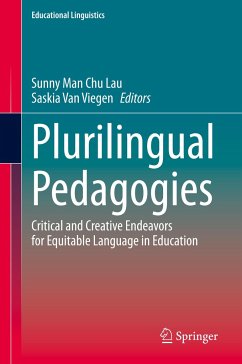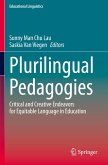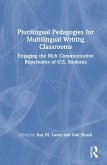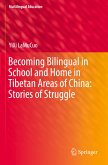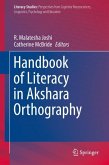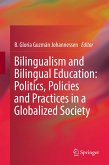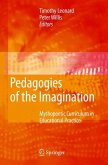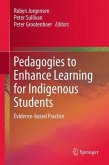This book critically engages with theoretical shifts marked by the 'multilingual turn' in applied linguistics, and articulates the complexities associated with naming and engaging with the everyday language practices of bi/multilingual communities. It discusses methodological approaches that enable researchers and educators to observe and interact with these communities and to understand their teaching and learning needs. It also highlights pedagogical approaches and instructional strategies involved with learning and teaching language and/or content curriculum to students across various learning and educational contexts.
The book addresses recent debates on the multi/plural turn in applied linguistics and articulates the limitations of these debates - particularly the absence of discussion of social power relations and contexts in applying different theoretical lenses. It features empirical research from primarily North American classrooms to highlight how plurilingual pedagogies take shape in unique educational contexts, resisting monolingual approaches to language in education. Furthermore, it includes commentary/response pieces from established scholars in dialogue with recent plurilingual research in the field, to put the work in critical perspective within extant theories and literature.
The book addresses recent debates on the multi/plural turn in applied linguistics and articulates the limitations of these debates - particularly the absence of discussion of social power relations and contexts in applying different theoretical lenses. It features empirical research from primarily North American classrooms to highlight how plurilingual pedagogies take shape in unique educational contexts, resisting monolingual approaches to language in education. Furthermore, it includes commentary/response pieces from established scholars in dialogue with recent plurilingual research in the field, to put the work in critical perspective within extant theories and literature.

